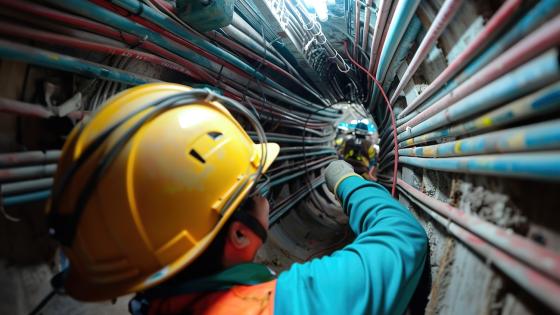DP18329 How the US solved South Korea’s problems with electric vehicle subsidies under the Inflation Reduction Act
South Korea felt “betrayed” when President Biden signed his administration’s flagship climate legislation, the Inflation Reduction Act (IRA) of 2022, into law. This paper first shows how the Biden administration addressed Korea’s concerns about the law’s effect on its sales of electric vehicles (EVs) in the United States. Thanks in part to the Treasury Department’s regulations written to implement the law, Korean exports of EVs to the United States grew even after the IRA went into force. Whether these actions by the Biden administration are enough to assuage the concerns of the Koreans—and other allies adversely affected by the IRA—remains to be seen. Furthermore, the US accommodation of Korean concerns came with tradeoffs by offsetting key incentives Congress may have intended in passing the IRA. The paper also examines potential impacts of the law on South Korean battery companies, and it provides an initial exploration into how the Korean government responded to IRA by adjusting its own policy mix of EV consumer tax credits and industrial policy for its EV plants and battery makers.


